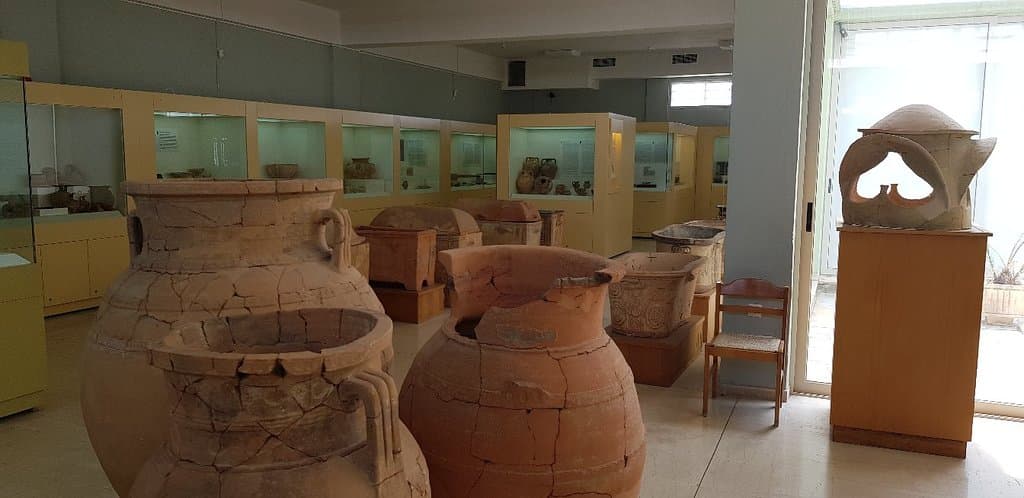
Archaeological Museum Sitia
Discover Minoan treasures, including the iconic Palaikastro Kouros, and insights into ancient daily life in this compact Sitia museum.

Highlights
Must-see attractions

Social
From TikTok & Reddit
Best Time
Avoid the heat and crowds

Archaeological Museum Sitia
Best Time
Avoid the heat and crowds

Highlights
Must-see attractions
Discover Minoan treasures, including the iconic Palaikastro Kouros, and insights into ancient daily life in this compact Sitia museum.
"A beautiful little museum with a wealth of information about everyday life."
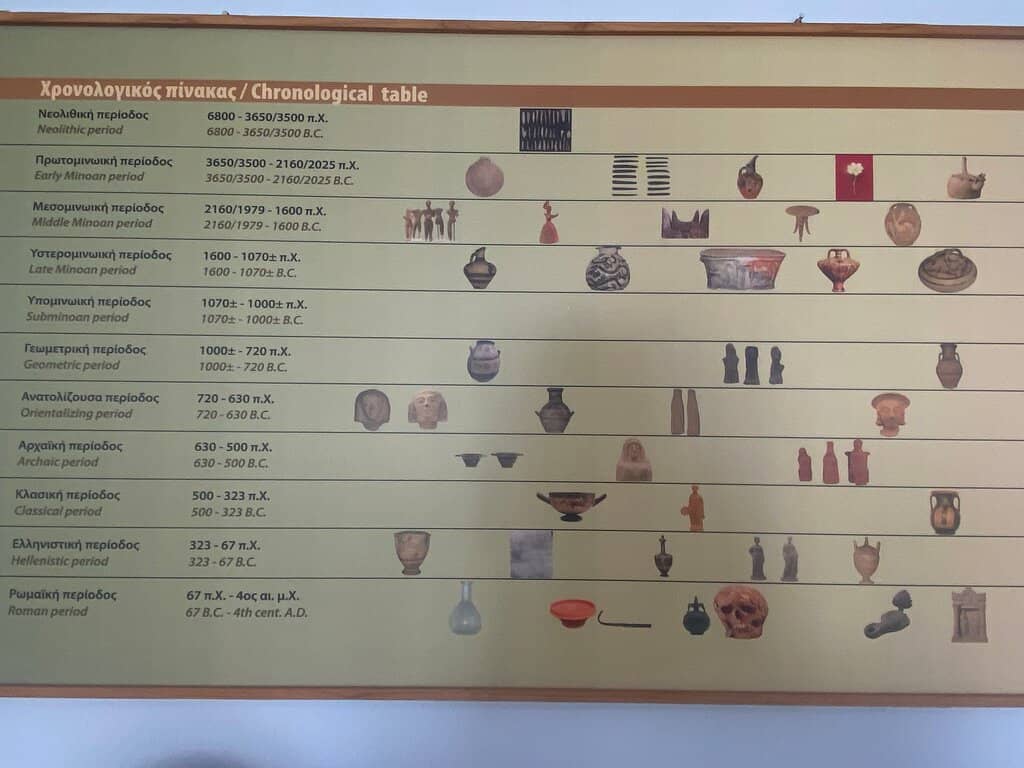
Free Entry Sometimes! :moneybag:
Entrance fee is usually 3€, but some visitors reported free entry, especially if you're young. :R1:
Labels are Informative :memo:
Exhibits have informative labels, making it easy to understand the context of the artifacts. :R1:
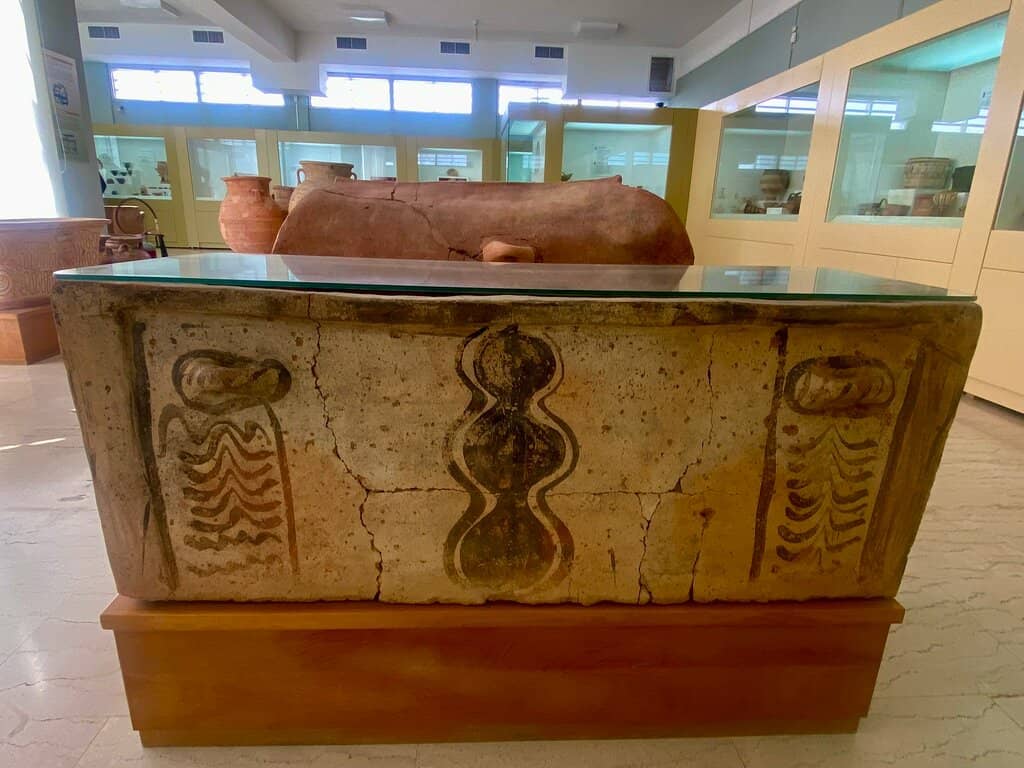
Highlights
Discover the most iconic attractions and experiences
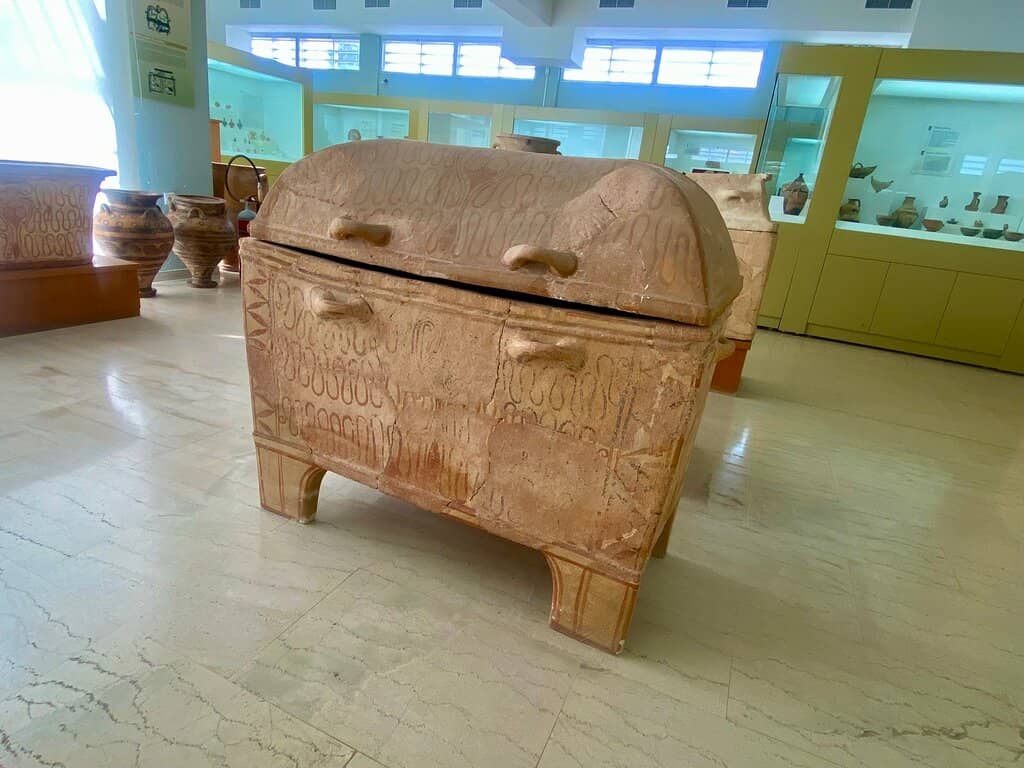
Palaikastro Kouros
Entrance
The iconic Minoan cult statue, a stunning testament to ancient art and belief.
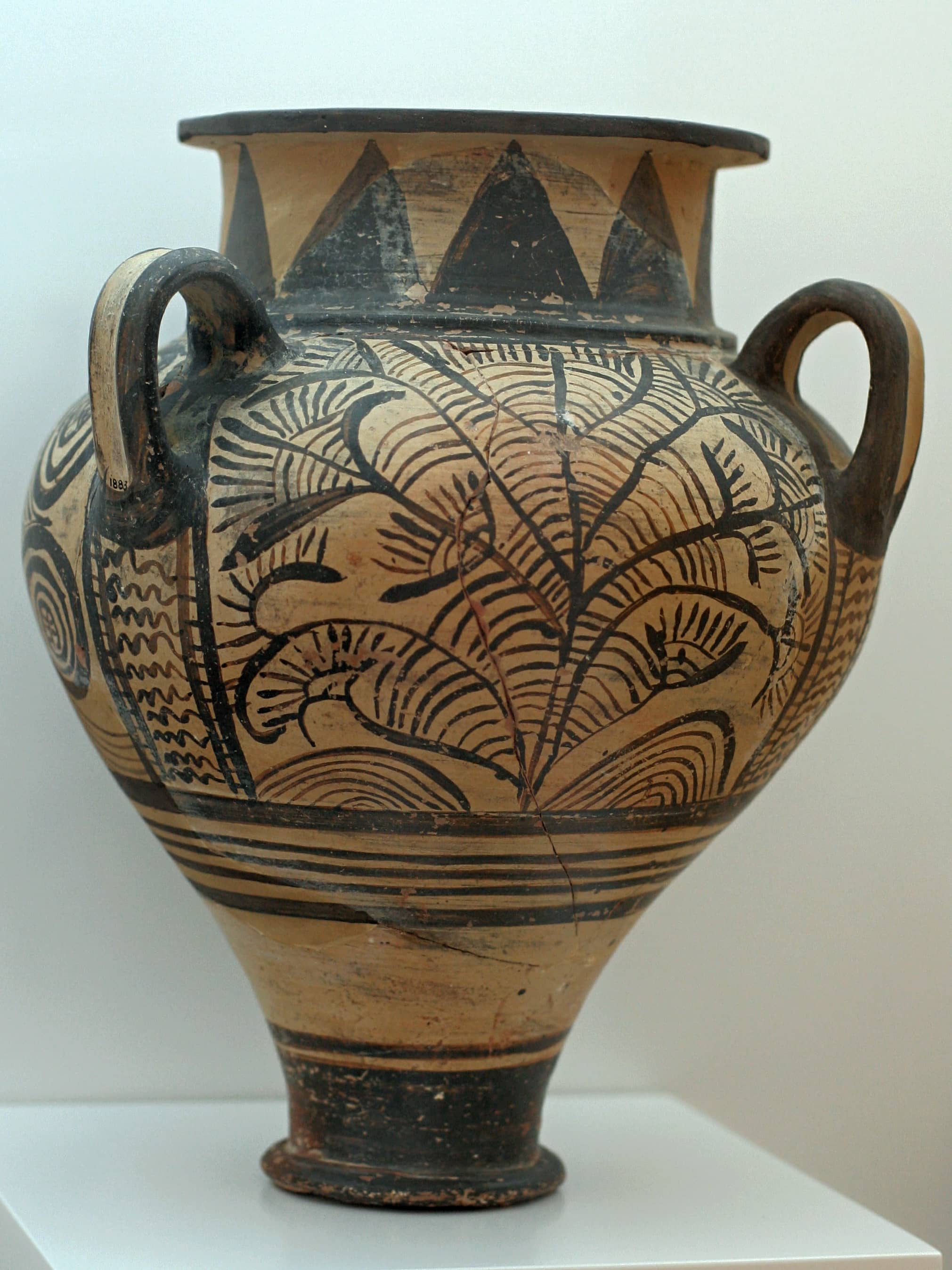
Minoan Daily Life Exhibits
Main Hall
Fascinating collection of pottery, cooking implements, and everyday objects from Minoan civilization.
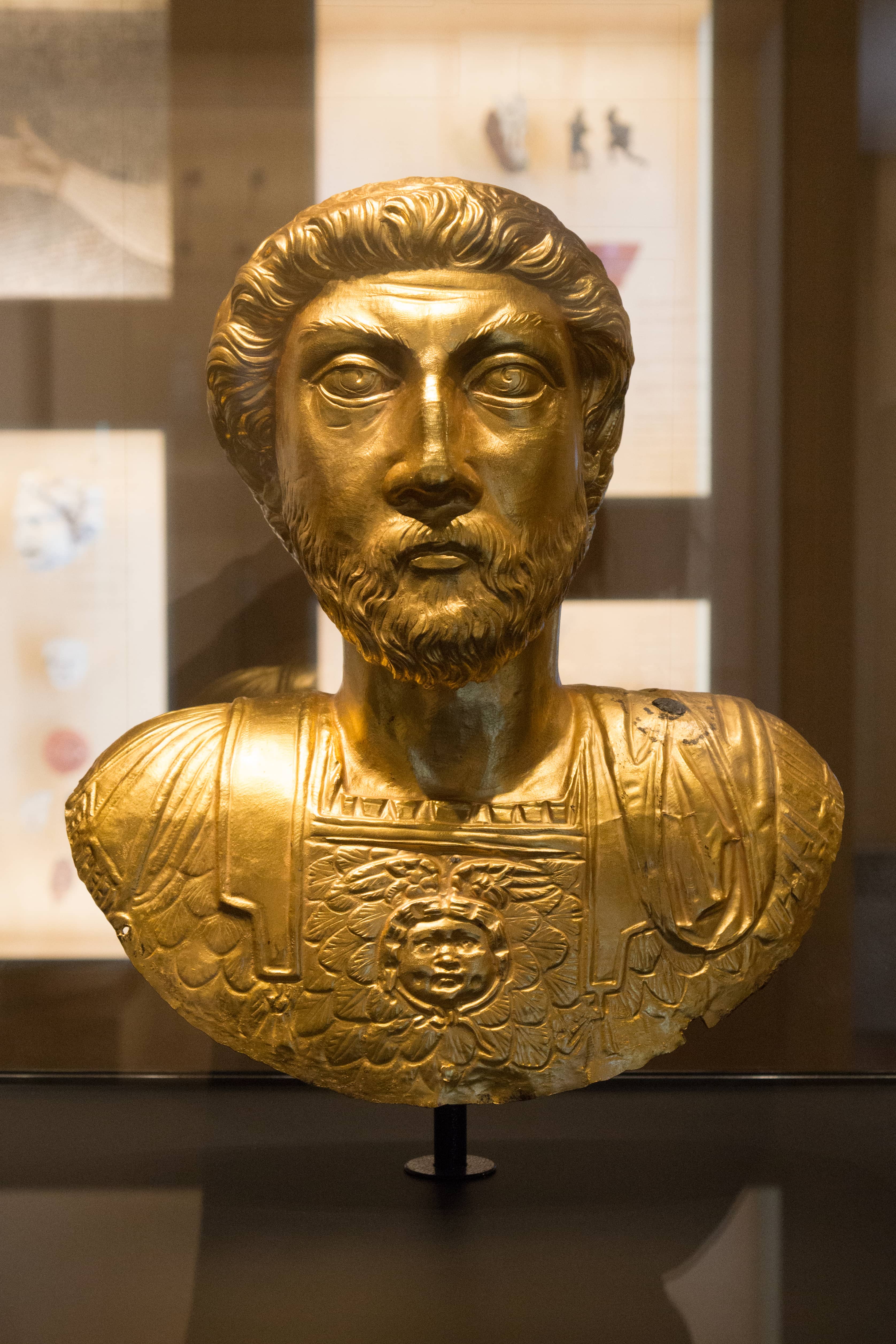
Roman Period Artifacts
Later Section
Discover remnants of the Greek and Roman eras, offering a broader historical perspective.
Plans like a pro.
Thinks like you
Planning Your Visit
Beat the Heat and Crowds
Focus on Minoan Masterpieces
Best Times
Insider Tips
from TikTok, Instagram & Reddit
Recommendations for 7 days of travelling in Crete as a historian?
Free Entry Sometimes! :moneybag:
Entrance fee is usually 3€, but some visitors reported free entry, especially if you're young. :R1:
Labels are Informative :memo:
Exhibits have informative labels, making it easy to understand the context of the artifacts. :R1:
Small but Mighty :gem:
It's a small museum, but packed with interesting items, especially Minoan daily life objects. :R1:
Building Needs TLC :construction:
Some visitors note the building could use repairs, but the exhibits are still worth seeing. :R1:
Tips
from all over the internet
Free Entry Sometimes! :moneybag:
Entrance fee is usually 3€, but some visitors reported free entry, especially if you're young. :R1:
Labels are Informative :memo:
Exhibits have informative labels, making it easy to understand the context of the artifacts. :R1:
Small but Mighty :gem:
It's a small museum, but packed with interesting items, especially Minoan daily life objects. :R1:
Building Needs TLC :construction:
Some visitors note the building could use repairs, but the exhibits are still worth seeing. :R1:
What Travellers Say
Reviews Summary
Visitors find the Sitia Archaeological Museum to be a small but interesting collection, particularly for its Minoan artifacts like the Palaikastro Kouros and exhibits on daily life. While the content is appreciated, some reviewers note that the museum building itself could benefit from modernization and better climate control, especially during hot summer months.
"A nice collection of Minoan culture, with fewer highlights than other small museums on Crete. The famous Palaikastro Kouros is right at the entrance of the museum, standing glorious in its poorly lit glass box. It was very warm on an August morning, but interesting enough to quietly sweat through the whole collection. This museum needs desperately an update, just like the they did in Agios Nikolaos."
Nikos Parastatidis
"Interesting exhibits, quite informative the labels.
The building needs repairs, except if they want to make the building looks as abandoned as the ruins it has"
Dimitrios Angelidis
"The Sitia Archaeological Museum displays Minoan artifacts from various excavations in Lassithi, the eastern part of Crete. In the last part, there are artifacts from the Greek and Roman periods. Although the museum is small, it is simply and beautifully planned. In particular, objects from the daily lives of the Minoans are presented to visitors with informative notes. It's just that the repetition of some objects can be a bit boring when visit.
Palaikastro Kouros, the most important work of the museum, whose pieces were found and combined on different dates, will welcome you at the point where you start your tour. Dating to the 15th century BC, this statue is the only known cult image of the Minoan civilization and reveals the high point of Minoan art.
The entrance fee to the museum is normally 3€. The lady who greeted us said it was free as we were young and didn't take any money. He also let us leave our bags at the entrance. We thank you."
Murat Yıkılmaz
What People Like
What People Dislike
Frequently Asked Questions
🚇 🗺️ Getting There
The museum is located in the town of Sitia, Crete. If you are already in Sitia, it's easily accessible on foot as it's a small town. For those arriving from other parts of Crete, you can take a bus to Sitia's main bus station and then walk to the museum. :R1:
Street parking is generally available in the vicinity of the museum in Sitia. However, it can be competitive during peak tourist season. :R1:
Opening hours can vary seasonally. It's best to check the official museum website or local tourist information for the most up-to-date hours before your visit. :R1:
Yes, the museum is in the heart of Sitia, making it easy to combine with exploring the town's harbor, local shops, and nearby beaches. :R1:
Information on accessibility can be limited. It's advisable to contact the museum directly to inquire about ramps or elevator access if needed. :R1:
🎫 🎫 Tickets & Entry
The standard entrance fee is typically around 3€. However, some visitors have reported receiving free entry, especially during off-peak times or if they appear to be young travelers. :R1:
For a small museum like this, advance booking is usually not necessary. You can typically purchase tickets upon arrival. :R1:
Discounts may be available for students, seniors, or EU citizens. It's always a good idea to ask at the ticket counter. :R1:
Yes, some visitors have mentioned being able to leave their bags at the entrance for safekeeping. :R1:
While not officially stated, some visitors have experienced free entry. It's worth inquiring at the entrance. :R1:
🎫 🏛️ Onsite Experience
The Palaikastro Kouros at the entrance is a highlight. Also, don't miss the Minoan artifacts showcasing daily life, including pottery and cooking implements. :R1:
Given its size, a visit typically takes about 1-2 hours, allowing time to appreciate the exhibits and read the informative labels. :R1:
Yes, the labels are generally informative and available in English, making the exhibits accessible to international visitors. :R1:
Some visitors have noted it can get warm inside, especially on summer mornings, suggesting it may not have robust air conditioning. :R1:
While the exhibits are interesting, some reviews mention that the building itself could benefit from repairs and updates. :R1:
📸 📸 Photography
Photography policies can vary. It's best to check for signage at the entrance or ask museum staff if you can take photos, especially without flash. :R1:
The Palaikastro Kouros is a prime subject. The well-sorted ceramic pots and sarcophagi also make for interesting photographic subjects. :R1:
Flash photography is often prohibited in museums to protect artifacts. Always err on the side of caution and avoid using flash. :R1:
Yes, you can generally take photos of the museum's exterior without any issues. :R1:
Lighting can be a bit dim in some areas, particularly for the Palaikastro Kouros, which is in a 'poorly lit glass box'. :R1:
For Different Travelers
Tailored advice for your travel style
👨👩👧 Families with Kids
Keep in mind that the museum is small and can get warm, so a shorter visit might be best for younger children. The informative labels are helpful for parents to explain exhibits. Consider it a quick dive into ancient history rather than an all-day excursion.
🏛️ History Enthusiasts
While it may not have the breadth of larger museums, its focus on local finds from the Lassithi region makes it a significant stop for those interested in the specific history of eastern Crete. The informative labels are a plus for in-depth study.
🚶 Solo Travelers
It's an ideal stop for a morning or afternoon, easily fitting into a day of exploring Sitia town. The friendly staff can also offer insights if you have specific questions.
Deep Dives
In-depth insights and expert knowledge
The Palaikastro Kouros: A Minoan Icon
This statue represents a high point of Minoan art, showcasing a sophisticated understanding of form and proportion. Its discovery provides invaluable insights into the spiritual life of the Minoans, a civilization that flourished on Crete millennia ago. The Kouros stands as a powerful symbol of this ancient culture's achievements and its enduring legacy.
Exploring Minoan Daily Life
The museum's approach of displaying objects from daily life is particularly engaging. Informative labels accompany each collection, helping visitors understand the function and significance of these ancient tools and vessels. This focus makes the museum a rich resource for anyone interested in social history and the practical aspects of ancient civilizations, making the past feel more relatable and accessible.
The Museum's Setting and Atmosphere
Despite the building's condition, the staff are often described as friendly and helpful. The museum's compact nature means it's not overwhelming, allowing for a focused exploration of its treasures. The repetition of some object types, like ceramic pots, is noted by some, but the overall presentation is considered well-sorted and interesting.


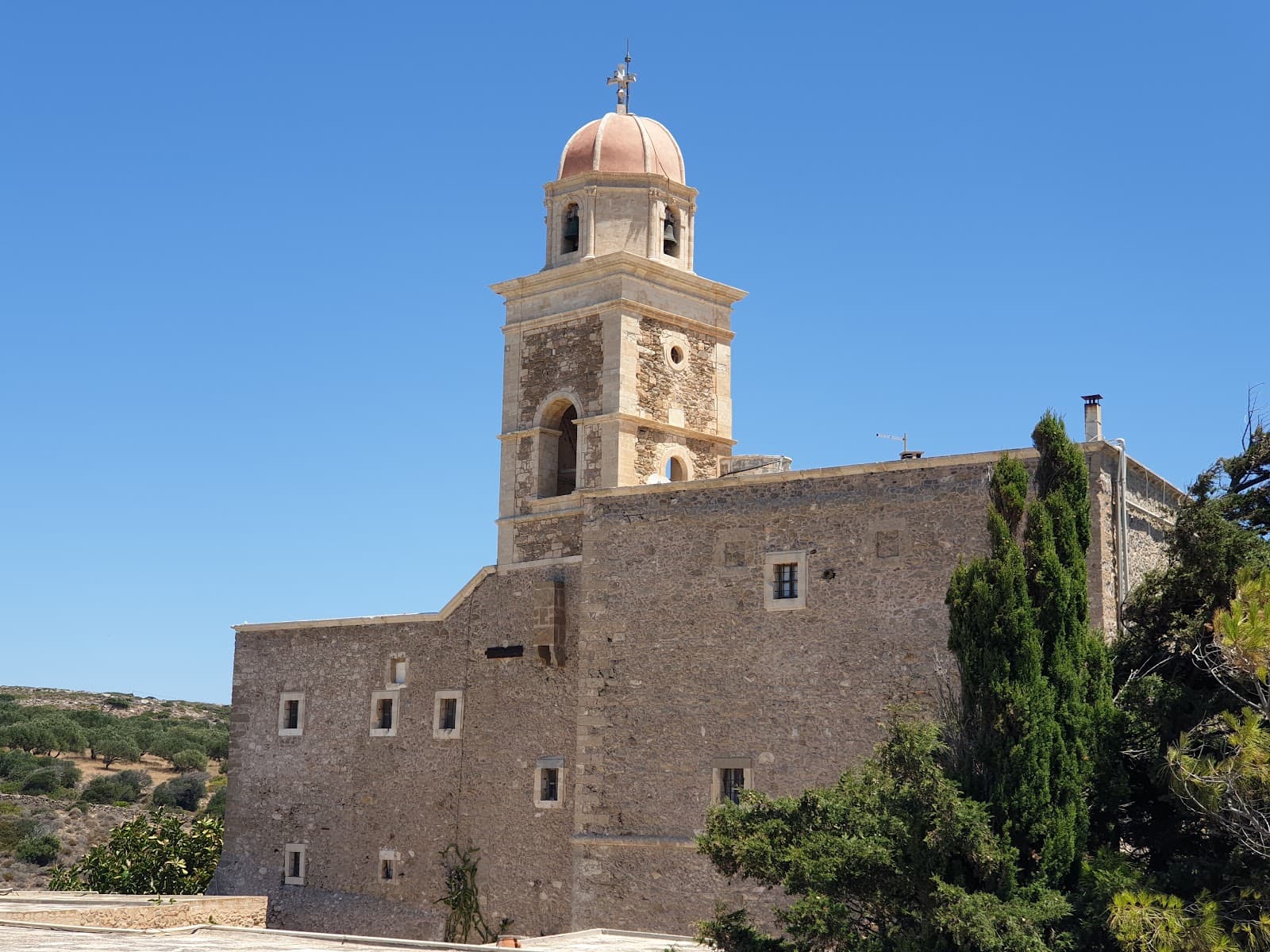


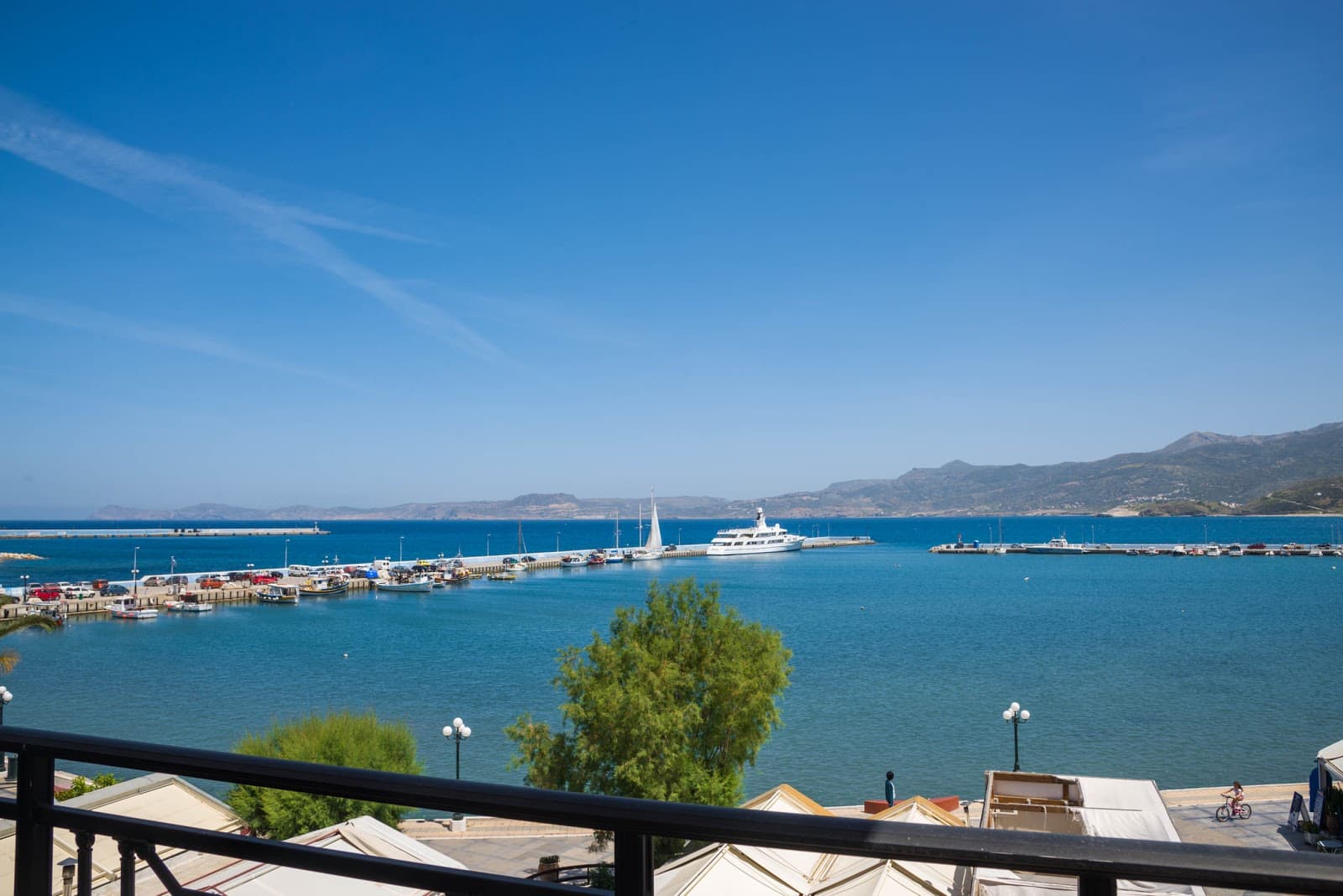
Social
from TikTok, Instagram & Reddit